AGENDA
DAY 1, THURSDAY 23RD OCTOBER 2025
SYSTEM RESET- REIMAGINING VALUE CHAINS & LANDSCAPES
08:30
REGISTRATION & MORNING COFFEE
09:45
WELCOME REMARKS
Summit Chairperson
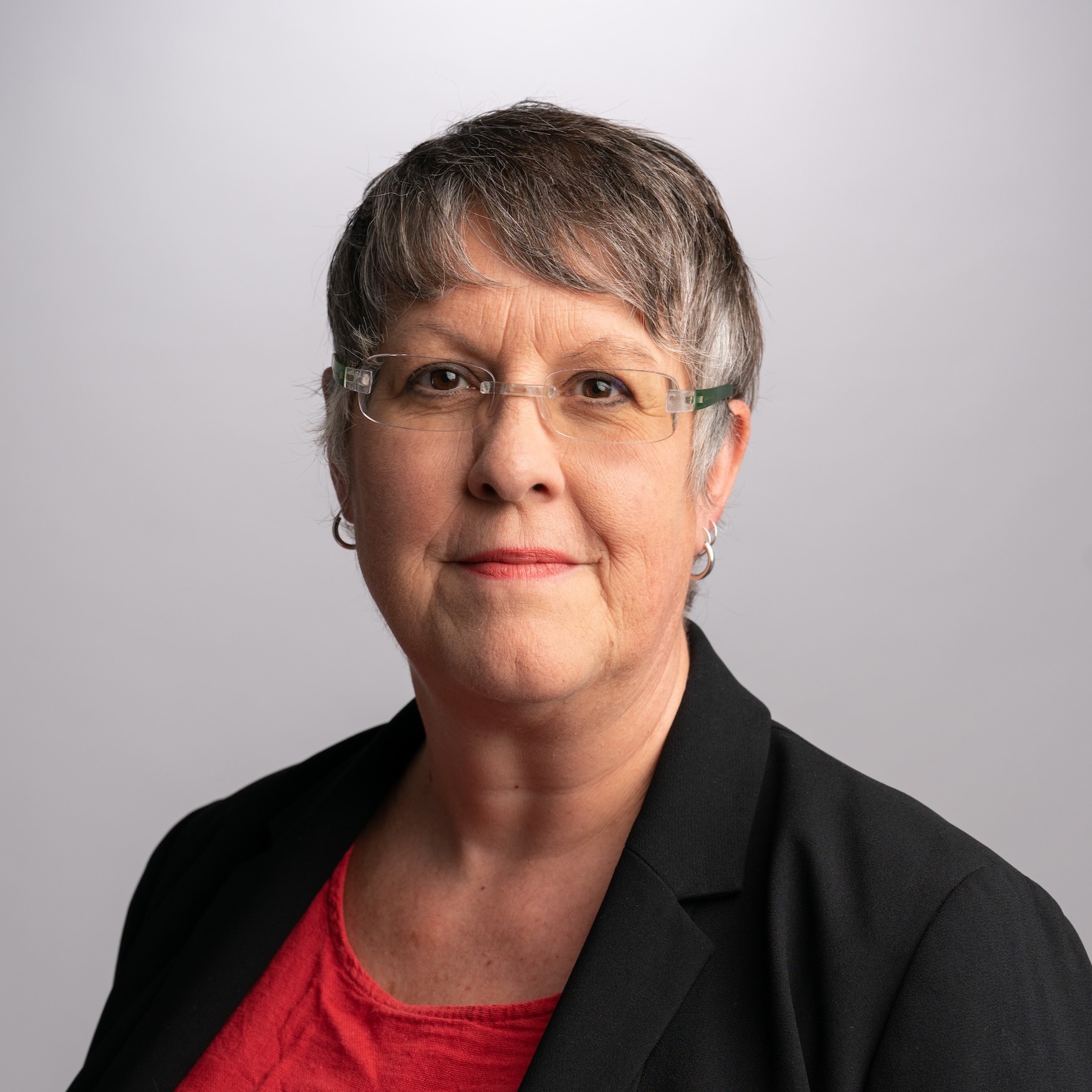 Joy Macknight, Journalist, Former Editor, Financial Times - The Banker
Joy Macknight, Journalist, Former Editor, Financial Times - The Banker
09:50
OPENING KEYNOTE
 H.E. Catherine Kirumba Karemu, High Commissioner of Kenya to the UK, Kenya High Commission
H.E. Catherine Kirumba Karemu, High Commissioner of Kenya to the UK, Kenya High Commission
10:00
PANEL: TURNING REGULATORY COMPLIANCE INTO BUSINESS STRATEGY- ADAPTING TO EUDR, CSRD & CS3D
Compliance as Catalyst – Rethinking the Regulatory Revolution. Turn EUDR and CS3D from box-ticking into brand-building. Discover how trailblazers are future-proofing business through radical transparency and shared accountability.
Chair
 Agnieszka de Sousa, Global Food Tsar, Bloomberg News
Agnieszka de Sousa, Global Food Tsar, Bloomberg News
Speakers
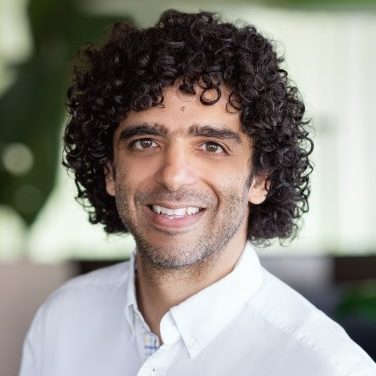 Nicolas Mounard, Vice President ESG, Sustainability & Traceability, Barry Callebaut
Nicolas Mounard, Vice President ESG, Sustainability & Traceability, Barry Callebaut
 Raphaelle Peinado, Sustainability Director, Volcafe
Raphaelle Peinado, Sustainability Director, Volcafe
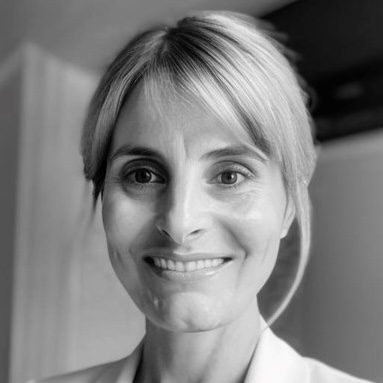 Rachel Vujovic, Director - International Sustainability, ALDI SOUTH Group
Rachel Vujovic, Director - International Sustainability, ALDI SOUTH Group
 Andrea Olivar, Strategy & Quality Director-Latin America, Solidaridad Network
Andrea Olivar, Strategy & Quality Director-Latin America, Solidaridad Network
 Niels Wielaard, Founder and Director, Satelligence
Niels Wielaard, Founder and Director, Satelligence
11:00
NETWORKING COFFEE BREAK
11:30
FIRESIDE: DIGITALISING COFFEE & COCOA SUPPLY CHAINS: SUSTAINABILITY, INNOVATION, AND CONSUMER-DRIVEN TRANSFORMATION
From bean to barcode— farmers, processors and retailers, from procurement to sourcing strategies to farm-level practices and supplier engagement, explore how tech is transforming FMCG accountability and winning consumer trust.
Chair
 Jack Bugas, Partner and Associate Director, Boston Consulting Group (BCG)
Jack Bugas, Partner and Associate Director, Boston Consulting Group (BCG)
Speakers
 Harper McConnell, Global Vice President Sustainability, Mars
Harper McConnell, Global Vice President Sustainability, Mars
 Thomas Delbar, Director of Sustainability – Coffee & Ingredients, Touton Group
Thomas Delbar, Director of Sustainability – Coffee & Ingredients, Touton Group
12:00
CASE STUDY: UNLOCKING COFFEE SUPPLY CHAIN TRANSPARENCY & CARBON INSIGHTS
Leveraging high-resolution Planet imagery and Picterra’s geoAI, this session explores precise mapping and monitoring of coffee plantations, with use cases from Brazil covering commodity tracking, legal compliance, and biomass-to-carbon estimation.
Speakers
 Dr. Flávia de Souza Mendes, Senior Program Manager Forestry and Land Use, Planet Labs GmbH
Dr. Flávia de Souza Mendes, Senior Program Manager Forestry and Land Use, Planet Labs GmbH
 Frank de Morsier, COO & Co-founder, Picterra
Frank de Morsier, COO & Co-founder, Picterra
12:15
PANEL: AI-DRIVEN DIGITAL INNOVATION IN SMART FARMING
Optimising Ecosystems for Productivity and Climate Resilience. Discover how digital intelligence is enabling hyper-personalized farming, real-time risk reduction, and planetary resilience.
Chair
 Jack Bugas, Partner and Associate Director, Boston Consulting Group (BCG)
Jack Bugas, Partner and Associate Director, Boston Consulting Group (BCG)
Speakers
 Nick Appleyard, Head of Applications and Solutions, European Space Agency (ESA)
Nick Appleyard, Head of Applications and Solutions, European Space Agency (ESA)
 Suresh Yadav, Director, Climate Change and Oceans Directorate (CCO), The Commonwealth Secretariat
Suresh Yadav, Director, Climate Change and Oceans Directorate (CCO), The Commonwealth Secretariat
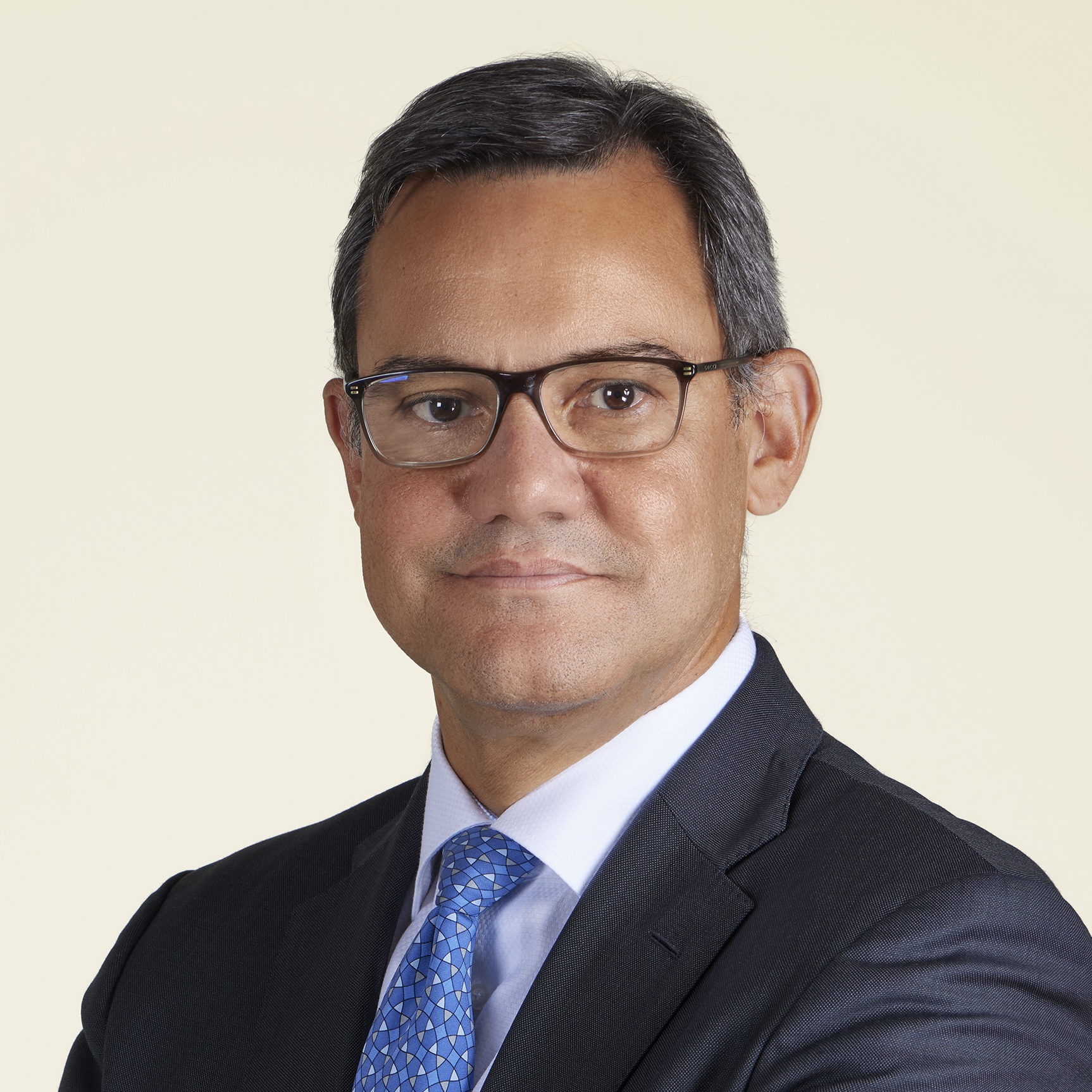 Mario Abreu, Group Vice President Sustainability, Ferrero
Mario Abreu, Group Vice President Sustainability, Ferrero
 Raymond Katta, Executive Chairman, Produce Monitoring Board (PMB), Sierra Leone
Raymond Katta, Executive Chairman, Produce Monitoring Board (PMB), Sierra Leone
 Emma Clarke, Senior Private Sector Advisor, WaterAid
Emma Clarke, Senior Private Sector Advisor, WaterAid
13:00
NETWORKING LUNCH
14:00
PANEL: DE-RISKING TRANSFORMATION: MAKING REGENERATIVE AGRICULTURE INVESTIBLE
Unlocking the potential of regenerative agriculture requires more than pilot projects—it demands systemic redesign, risk transfer innovation, bold investment strategies.
Chair
 Mauricio Castro Schmitz, Regenerative Agriculture Director, The Nature Conservancy
Mauricio Castro Schmitz, Regenerative Agriculture Director, The Nature Conservancy
Speakers
 Myriam Sainz, Senior Director Strategic Initiatives, TechnoServe
Myriam Sainz, Senior Director Strategic Initiatives, TechnoServe
 Piet van Asten, SVP - Head Sustainable Production Systems, Olam Food Ingredients (ofi)
Piet van Asten, SVP - Head Sustainable Production Systems, Olam Food Ingredients (ofi)
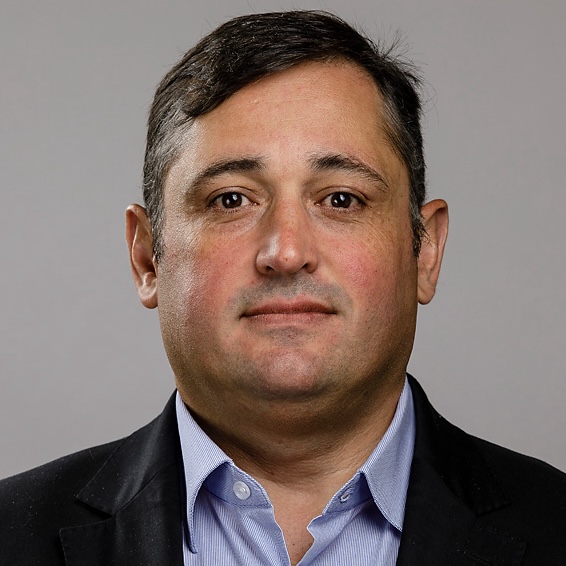 Cleiton Vargas, SVP Innovation Americas, Yara International
Cleiton Vargas, SVP Innovation Americas, Yara International
 Tzutzuy Ramirez, Head of Climate and Nature, Syngenta Group
Tzutzuy Ramirez, Head of Climate and Nature, Syngenta Group
 Roel Messie, Chief Executive Officer, IDH Investment Management
Roel Messie, Chief Executive Officer, IDH Investment Management
15:00
NETWORKING COFFEE BREAK
15:30
PANEL: CRACKING SCOPE 3 – FROM CHAOS TO CLARITY
The world's toughest climate challenge becomes your company's next big opportunity. Learn how leaders are decoding, measuring, and monetising value chain emissions.
Chair
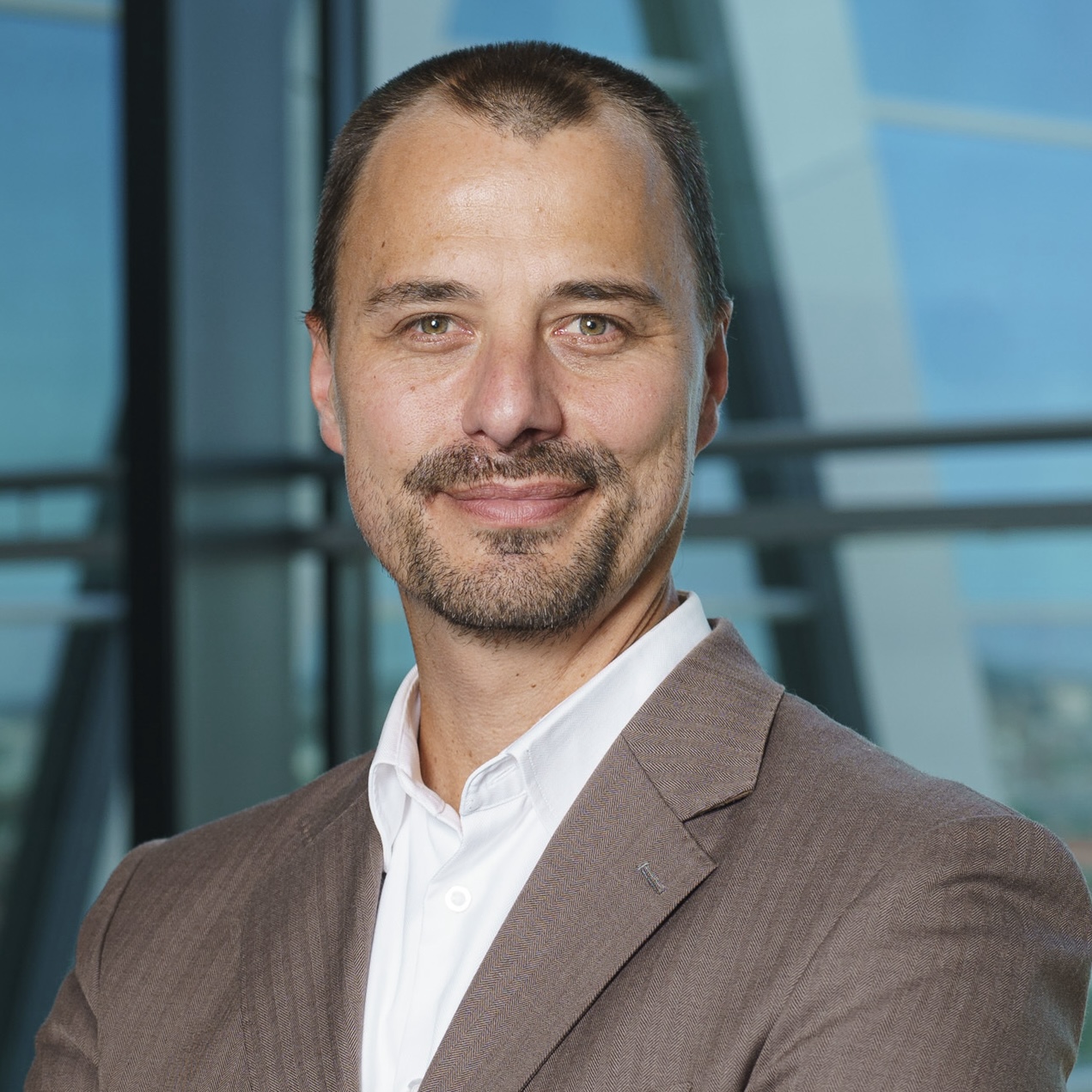 Taco Bosman, Partner, EY
Taco Bosman, Partner, EY
Speakers
 Mariana Osorio Londoño, Sustainable Trade Coordinator, National Federation of Coffee Growers of Colombia (FNC)
Mariana Osorio Londoño, Sustainable Trade Coordinator, National Federation of Coffee Growers of Colombia (FNC)
 Malcolm Hett, Director of Sustainability, UCC Europe
Malcolm Hett, Director of Sustainability, UCC Europe
 Marcial Vargas-Gonzalez, Science & Innovation, Global Lead, Quantis
Marcial Vargas-Gonzalez, Science & Innovation, Global Lead, Quantis
16:15
PANEL: BEYOND THE FARMGATE – SYSTEMIC PERSPECTIVES ON PROFIT, PLANET, AND PROGRESS
It's time to put producers at the centre of the conversation, sharing how they navigate climate shocks, shifting trade, and human rights challenges, highlighting the role of finance, sourcing, innovation, and policy in building resilience, improving livelihoods, and shaping more inclusive global strategies.
Chair
 Emma Clarke, Senior Private Sector Advisor, WaterAid
Emma Clarke, Senior Private Sector Advisor, WaterAid
Speakers
 Rick van der Kamp, Global Lead for Markets, Value Chains and Rural Finance, International Fund for Agriculture Development (IFAD)
Rick van der Kamp, Global Lead for Markets, Value Chains and Rural Finance, International Fund for Agriculture Development (IFAD)
 Stefan Dierks, Director Sustainability Strategy, Melitta Group
Stefan Dierks, Director Sustainability Strategy, Melitta Group
 Saurabh Pratap, Executive Director, Sustainable Finance, Standard Chartered Bank
Saurabh Pratap, Executive Director, Sustainable Finance, Standard Chartered Bank
 Leonard Faustine Zimbehya, Managing Director, KPD PLC (Tanzania)
Leonard Faustine Zimbehya, Managing Director, KPD PLC (Tanzania)
17:00
NETWORKING DRINKS
DAY 2, FRIDAY 24TH OCTOBER 2025
COLLECTIVE AMBITION – FROM VISION TO SYSTEMIC ACTION
8:15
COFFEE REGISTRATION
9:15
WELCOME REMARKS
Summit Chair
 Sean Edwards, Chairman, International Trade Forfaiting Association (ITFA)
Sean Edwards, Chairman, International Trade Forfaiting Association (ITFA)
9:20
OPENING KEYNOTE
Speaker
 H.E. Mbelwa Brighton Kairuki, High Commissioner of the United Republic of Tanzania to the United Kingdom, Tanzania High
H.E. Mbelwa Brighton Kairuki, High Commissioner of the United Republic of Tanzania to the United Kingdom, Tanzania High
Commission
9:30
FIRESIDE: THE BIGGER PICTURE
Chair
 Peter Foster, World Trade Editor, Financial Times (FT)
Peter Foster, World Trade Editor, Financial Times (FT)
Speakers
 The Rt Hon John Gummer, The Lord Deben, Former Chairman, UK Climate Change Committee (CCC)
The Rt Hon John Gummer, The Lord Deben, Former Chairman, UK Climate Change Committee (CCC)
 Jenny Davis-Peccoud, Partner, Founder, Global Sustainability & Responsibility Practice, Bain & Co.
Jenny Davis-Peccoud, Partner, Founder, Global Sustainability & Responsibility Practice, Bain & Co.
10:00
PANEL: COCOA & COFFEE SYNERGIES – UNITY FOR RESILIENCE
One planet. Two crops. Endless possibilities. Aligning innovations, infrastructure, and insights across sectors.
Chair
 Jenny Davis-Peccoud, Partner, Founder, Global Sustainability & Responsibility Practice, Bain & Co.
Jenny Davis-Peccoud, Partner, Founder, Global Sustainability & Responsibility Practice, Bain & Co.
Speakers
 Ruchira Joshi, Director, Global Coffee & Cocoa Sustainability, Starbucks
Ruchira Joshi, Director, Global Coffee & Cocoa Sustainability, Starbucks
 Mario Abreu, Group Vice President Sustainability, Ferrero
Mario Abreu, Group Vice President Sustainability, Ferrero
 Wagner Albuquerque de Almeida, Global Director- Manufacturing, Agribusiness and Forestry, International Finance Corporation (IFC)
Wagner Albuquerque de Almeida, Global Director- Manufacturing, Agribusiness and Forestry, International Finance Corporation (IFC)
 Raphaelle Peinado, Sustainability Director, Volcafe
Raphaelle Peinado, Sustainability Director, Volcafe
 Piet van Asten, SVP - Head Sustainable Production Systems, Olam Food Ingredients (ofi)
Piet van Asten, SVP - Head Sustainable Production Systems, Olam Food Ingredients (ofi)
 Harper McConnell, Global Vice President Sustainability, Mars
Harper McConnell, Global Vice President Sustainability, Mars
11:30
PANEL: CARBON CONFIDENCE – BUILDING TRUST IN NATURE-BASED MARKETS
Crack the carbon code: What does integrity mean, and how do we scale it in coffee and cocoa?
Chair
 James Chamberlayne, Director, Sustainable Finance Program, CDP
James Chamberlayne, Director, Sustainable Finance Program, CDP
Speakers
 Owen Hewlett, Chief Technical Officer, Gold Standard; Technical Council Member, SBTi
Owen Hewlett, Chief Technical Officer, Gold Standard; Technical Council Member, SBTi
 Stefan Dierks, Director Sustainability Strategy, Melitta Group
Stefan Dierks, Director Sustainability Strategy, Melitta Group
 Dr Katrina Hayter FRSB, Global Head Sustainable Land Use & Supply ChainsHSBC
Dr Katrina Hayter FRSB, Global Head Sustainable Land Use & Supply ChainsHSBC
 Marco Albani, Co-Founder, co-CEO and President, Chloris Geospatial
Marco Albani, Co-Founder, co-CEO and President, Chloris Geospatial
12:30
COFFEE TASTING SESSION
13:00
NETWORKING LUNCH
14:00
PANEL: DECODING NATURE’S COMPLEXITY
From Natural Capital to Climate Assets: Building a Science-Based Regeneration Economy. How biodiversity, water, and ecosystem services are emerging as key assets in financial and supply chain decisions.
Chair
 Felipe Carazo, Head of Sustainable Commodities, Tropical Forest Alliance, World Economic Forum
Felipe Carazo, Head of Sustainable Commodities, Tropical Forest Alliance, World Economic Forum
Speakers
 Ethan Budiansky, Sustainable Commodities Lead, Wildlife Conservation Society( WCS)
Ethan Budiansky, Sustainable Commodities Lead, Wildlife Conservation Society( WCS)
 Myriam Sainz, Senior Director Strategic Initiatives, TechnoServe
Myriam Sainz, Senior Director Strategic Initiatives, TechnoServe
 Tripurari Prasad, Deputy Head of Carbon, Investments, Climate Asset Management
Tripurari Prasad, Deputy Head of Carbon, Investments, Climate Asset Management
14:40
GLOBAL INVESTORS FORUM: BUILDING THE BUSINESS CASE FOR SUSTAINABILITY AND REGENERATION
Finance is waking up to nature—but is it moving fast enough? This high-level forum explores how ecosystem-based investment models can shift from short-term returns to long-term shared value. The discussion will spotlight practical mechanisms—blended finance, risk mitigation tools, and outcome-based metrics—that can align financial performance with regenerative outcomes and bring ecosystem-based finance into the mainstream.
Chair
 Joy Macknight, Journalist, Former Editor, Financial Times - The Banker
Joy Macknight, Journalist, Former Editor, Financial Times - The Banker
Speakers
 Wagner Albuquerque de Almeida, Global Director- Manufacturing, Agribusiness and Forestry, International Finance Corporation (IFC)
Wagner Albuquerque de Almeida, Global Director- Manufacturing, Agribusiness and Forestry, International Finance Corporation (IFC)
 Rowan Douglas CBE, CEO Climate Risk and Resilience Howden Group
Rowan Douglas CBE, CEO Climate Risk and Resilience Howden Group
 Melissa Ocampo,Head of Sustainability Strategy EMEA, Managing Director Sumitomo Mitsui Banking Corporation- SMBC Group
Melissa Ocampo,Head of Sustainability Strategy EMEA, Managing Director Sumitomo Mitsui Banking Corporation- SMBC Group
15:25
CLOSING REFLECTIONS & CALL TO ACTION
15:30
END OF SUMMIT